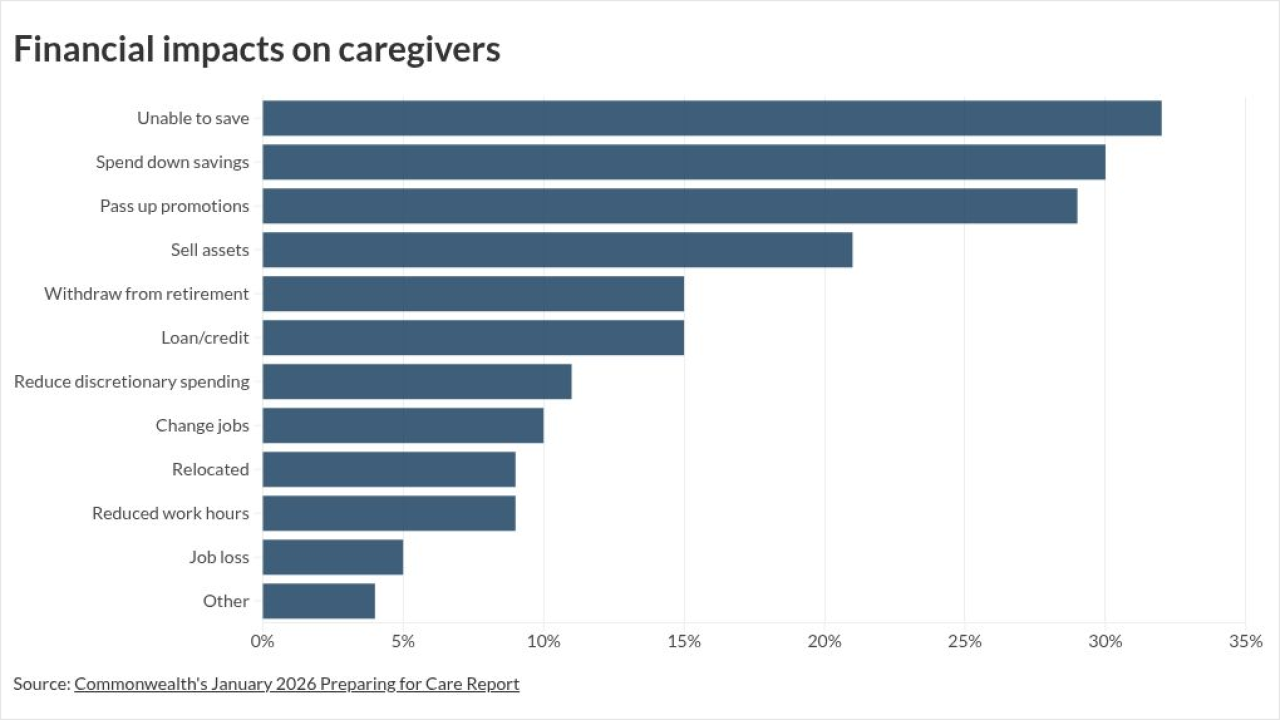A former middle school math teacher-turned-financial advisor allegedly defrauded her clients, some of whom were former school colleagues, through a scheme that generated $2.5 million in commissions for herself, the SEC claims.
The regulator charged Tamara Steele and the firm she owns, Steele Financial, with selling $13 million worth of high-risk securities to more than 120 clients without disclosing that she stood to receive commissions of up to 18% from the sales, according to a civil complaint filed this week in federal court in Indiana.
Steele, 49, and her firm used false invoices and other tactics to conceal their involvement in selling the securities, according to the SEC.
“We allege that Steele took advantage of her own advisory clients, including clients whom she herself described as ‘two-pension, two Social Security families,’” Antonia Chion, associate director of the SEC’s Division of Enforcement, said in a statement. “Investment advisors must put their clients’ interests ahead of their own and make full and fair disclosure of financial conflicts of interest.”
Steele disagrees with the SEC’s allegations, says her attorney, Robert Hartley of law firm Frost Brown Todd. Steele could not be reached for additional comment.

She serves as the chief compliance officer of Steele Financial, which she founded in 2001, according to the SEC. The Pendleton, Indiana-based firm manages approximately $60 million for roughly 450 advisory clients, according to the regulator.
Steele is a former middle school math teacher, and she used her contacts in the education system to kick start her advisory practice, the SEC says. A third or more of her clients are teachers or have otherwise worked in education, according to the SEC, which adds that these clients were not sophisticated investors.
From December 2012 to October 2016, Steele sold securities in Behavioral Recognition Systems,
Steele had invested in BRS herself in March 2011, purchasing 40,000 shares of common stock for $120,000, according to the SEC. She did not analyze the company’s performance prior to the purchase. She also did not have experience with private placements, the regulator says.
She ultimately invested $3 million in BRS securities over the following years, and became one of the largest BRS shareholders by October 2014.
The 6-3 Supreme Court ruling against one of President Donald Trump's signature economic policies was consequential, but experts say volatility is unlikely to be over.
A new bipartisan bill would exempt retroactive Social Security payments from federal taxes, easing a surprise financial burden for millions of retirees.
A pair of putative class-action lawsuits this month accuse Edward Jones of allowing information clients enter online to be harvested for use in targeted marketing campaigns.
Beginning in 2012, BRS started paying Steele an 8% commission for selling its securities. The company upped that to 18% two years later. The SEC says she concealed this relationship from her broker-dealer.
She had been registered with Comprehensive Asset Management and Servicing from 2009 to 2017, when the firm terminated its relationship with her after Steele allegedly “self-reported having participated in private securities transactions,” according to a note contained on her FINRA BrokerCheck record.
To conceal her actions, Steele submitted false documents, such as invoices and consulting agreements that claimed her husband, not she, had done the sales, according to the SEC complaint.
In mid-2015, BRS’s financial condition deteriorated, which led the company to miss interest payments on its promissory notes, whose holders included many of Steele’s clients, the SEC says.
Steele attempted to chip in and save the company by, among other things, identifying for BRS which clients could be persuaded to accept delayed interest payments on promissory notes, the SEC claims. She also continued to sell and recommend BRS securities, and between March and October 2016 about 50 clients purchased $2 million in BRS through a fund.
It’s not clear how the SEC learned of Steele’s alleged misconduct.
In its complaint, the regulator is seeking disgorgement of ill-gotten gains with interest, penalties, and permanent injunctions.








